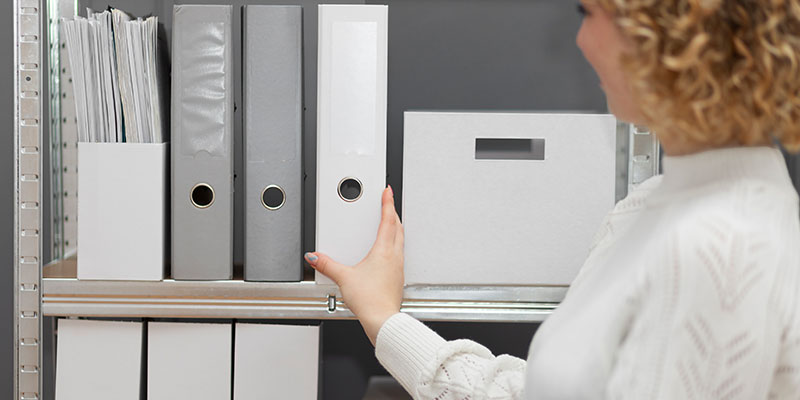July 2, 2025
The importance of organized filing in modern offices
In today’s workplace, efficiency isn’t just about having the latest software or fastest internet connection. One of the most overlooked aspects of productivity is how files are organized. Whether your office runs primarily on paper documents, digital records, or a blend of both, an organized filing system makes a world of difference.
Why filing matters more than ever
A modern office generates a constant flow of information—contracts, invoices, reports, meeting notes, and client records. Without a clear filing system, these documents quickly pile up, leading to wasted time and frustration when someone needs to track something down. a disorganized filing system doesn’t just cause stress; it can also create costly mistakes if critical information goes missing.
organized filing ensures that every piece of information has a designated place. When employees know exactly where to look for what they need, they can focus on their work instead of sifting through piles of papers or endless email threads.
The balance between digital and physical files
While many businesses have shifted toward digital record-keeping, physical filing systems still have their place. Sensitive documents, signed contracts, and legal papers often need to be stored in hard copy form. In such cases, having labeled binders, folders, or box files ensures they’re secure and easy to locate.
On the digital side, proper folder structures and consistent naming conventions are just as important. Storing files on shared drives without organization only replicates the same chaos as a messy desk. Blending both systems—physical and digital—gives offices the flexibility to manage information efficiently.
benefits of organized filing for the workplace
- time savings – a well-structured filing system cuts down on the minutes or even hours wasted hunting for documents.
- better collaboration – when files are consistently organized, teams can work together without confusion.
- professionalism – a tidy filing system reflects well on a business, especially when clients or auditors need quick access to documents.
- reduced stress – employees feel more confident and focused when they don’t have to worry about missing paperwork.
- compliance and security – organized filing helps meet regulatory requirements and ensures sensitive information stays protected.
Simple steps to get started
getting your office filing system in order doesn’t have to be complicated. Start by reviewing what’s currently on hand and decluttering unnecessary files. Then, create clear categories that make sense for your business—finance, hr, projects, clients, etc. use labels and consistent naming rules to keep things uniform.
importantly, set office-wide standards. It's not enough for one person to be organized; everyone needs to follow the same system for it to truly work.
Conclusion
Organized filing may not sound exciting, but it’s one of the most practical ways to improve productivity and reduce stress in the workplace. By treating filing as a priority rather than an afterthought, modern offices can run more smoothly and efficiently, giving employees more time to focus on meaningful work.

